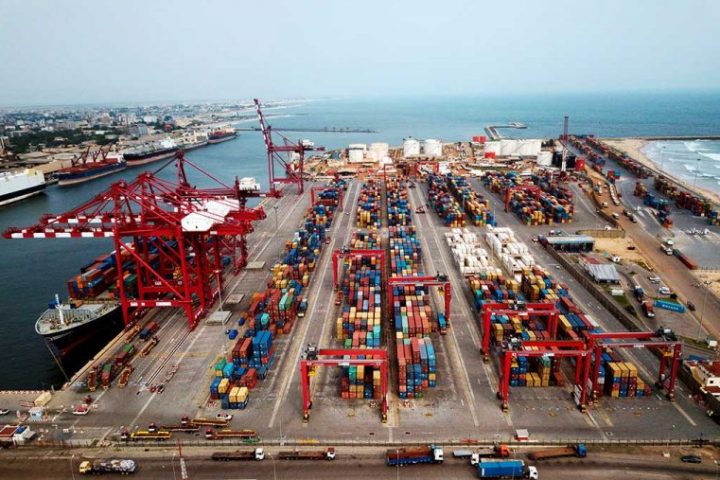A significant number of skilled professionals across African countries are at risk of job displacement due to rapid technological advancements, economic shifts, and changing job requirements. According to the World Economic Forum’s (WEF) Future of Jobs Report 2025, 39% of workers’ core skills will change by 2030. This shift will require urgent reskilling and upskilling efforts to maintain job security and economic stability.
“African economies are undergoing rapid transformations, and professionals must adapt to stay relevant,” the report states. “Employers expect 39% of workers’ core skills to change by 2030, highlighting the need for continuous learning.”
Join our WhatsApp ChannelTechnology Reshaping the Workforce in African Countries
As automation and artificial intelligence (AI) become more prevalent, several job roles are in high demand, while others face decline. The report identifies growing opportunities in fields such as UI/UX design, data science, AI, cybersecurity, and financial technology. However, traditional roles such as clerks, bank tellers, and stock-keeping clerks are becoming obsolete.
“According to the surveyed executives, the fastest-growing job roles by 2030 tend to be driven by technological developments, such as advancements in AI and robotics and increasing digital access,” the report states.
African countries must invest in digital learning platforms, vocational training, and government-led initiatives to prepare their workforce for these changes. Without strategic investments, businesses and governments risk economic stagnation and a widening skills gap.
READ ALSO: African Countries With Highest Tech Funding
Top 5 African Countries at Risk of Losing Skilled Professionals
1. Egypt – 48%
Egypt faces the highest risk, with 48% of skilled workers needing to update their core skills. The finance, manufacturing, and IT sectors are evolving, demanding new competencies.
To address this, the Egyptian government has launched digital upskilling programs in collaboration with private-sector companies. However, accessibility to quality training remains a challenge.
2. Zimbabwe – 48%
Zimbabwe also has 48% of its skilled workforce at risk due to economic challenges and evolving job requirements. Professionals in finance, healthcare, and engineering must upgrade their skills to remain competitive globally.
“Increased investment in digital education and vocational training is essential,” the report notes. “However, economic constraints and limited infrastructure hinder large-scale skill development.”
3. Nigeria – 41%
Nigeria ranks third, with 41% of its skilled professionals expected to experience changes in core skills. The rapid growth of the technology, finance, and service industries requires workers to adapt to automation and digital advancements.
The Nigerian government and private sector are investing in skill-building initiatives, including coding boot camps and financial literacy programs. Many professionals seek international certifications to stay relevant. However, access to quality education and training remains a major concern.
4. Morocco – 37%
Morocco has 37% of its skilled workforce at risk due to shifting job market demands. The country’s economy is diversifying, with a strong focus on digital transformation and industrial growth.
To combat this, the government and private sector have increased investments in online learning platforms and vocational training. However, ensuring equal access to education across all regions is a persistent challenge.
5. South Africa – 36%
South Africa faces a 36% risk of skilled job losses as industries like finance, IT, and engineering undergo significant transformation.
Public-private partnerships are enhancing digital literacy and vocational training. Despite these efforts, high unemployment and economic inequality pose barriers to widespread skill development.
The Urgent Need for Reskilling in African Countries

The WEF report highlights a growing emphasis on long-term learning strategies. In 2025, 50% of professionals are expected to complete training programs, up from 41% in 2023.
“This shift reflects a greater focus on continuous learning, upskilling, and reskilling, enabling companies to better anticipate and manage future skill requirements,” the report states.
African countries must implement strategies to ensure workers remain competitive in a rapidly evolving global economy. Investing in education, training, and digital literacy is essential to building a resilient workforce that can adapt to technological changes.
With the right policies and investments, African countries can turn this challenge into an opportunity for economic growth and innovation.
Emmanuel Ochayi is a journalist. He is a graduate of the University of Lagos, School of first choice and the nations pride. Emmanuel is keen on exploring writing angles in different areas, including Business, climate change, politics, Education, and others.


















